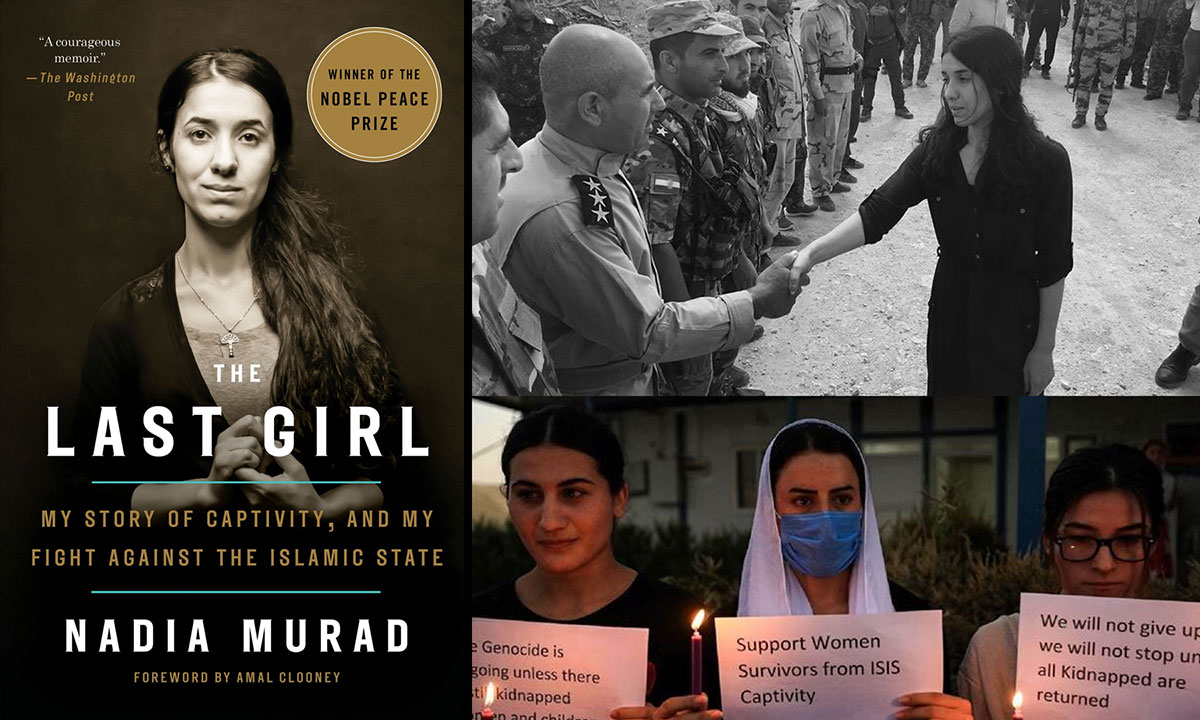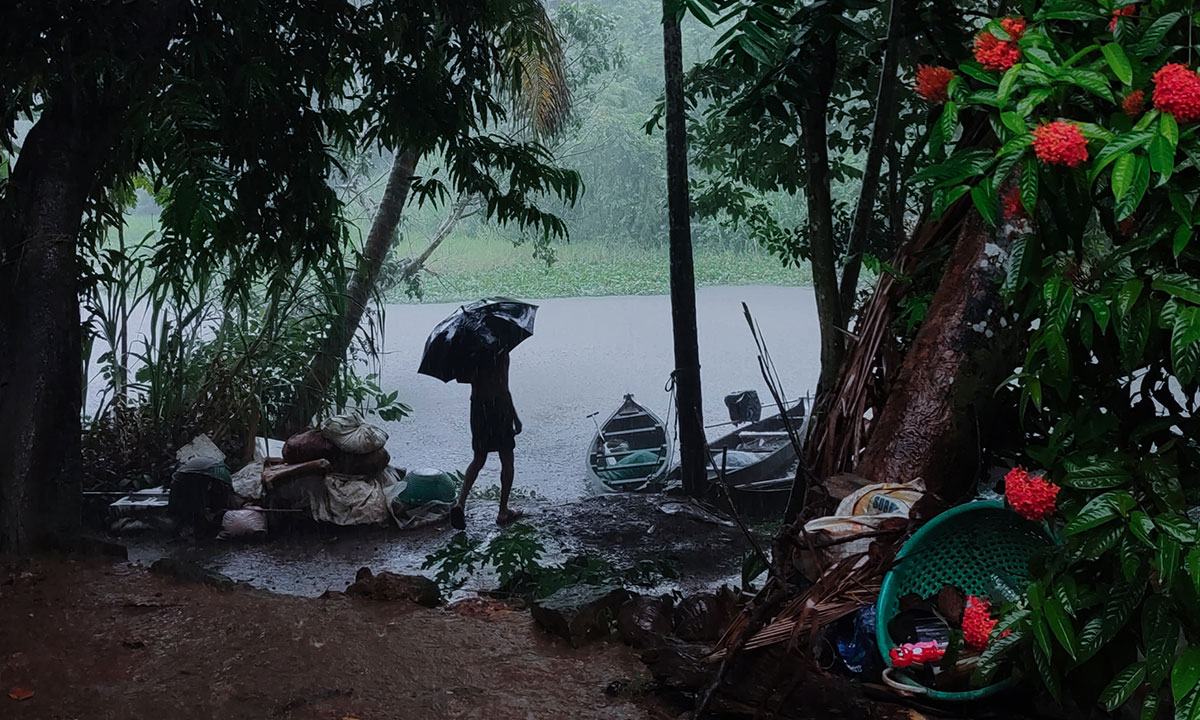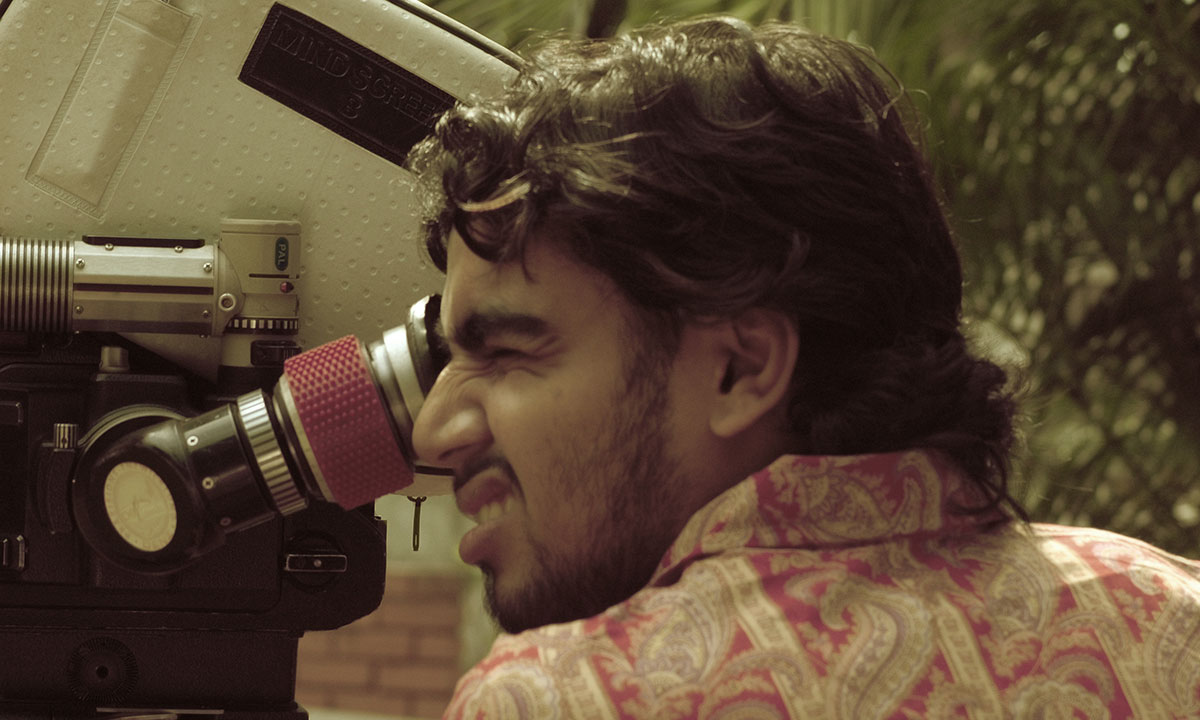
I happened to read ‘The Last Girl.’ It’s all about Nadia Murad, a courageous Yazidi young woman who bravely confronted the severe sexual and emotional abuse inflicted by ISIS during her enslavement in Iraq. The book chronicles her harrowing experiences of captivity and her struggle against the Islamic State. Tragically, she lost her mother and six brothers to this brutality. Through her own voice, the book portrays the plight of an orphan, a survivor of rape, slavery, and a refugee. Co-authored by Nadia Murad and Jenna Krajeski, a New York-based journalist, this analysis delves into the narrative technique, themes of race, difference, refugee crises, and feminism explored within the pages of ‘The Last Girl.’ Unlike many autobiographical works that often dwell on dreams rather than reality, this book starkly presents touching truths. Spanning from 2014 to 2017, it offers a raw and unflinching account of Murad’s journey.
ISIS, also known as the Islamic State, aims to establish a caliphate governed by their extremist interpretation of Islamic law, known as Sharia. They seek to expand their territory, eliminate perceived enemies, and impose their ideology on others through violence, terror, and intimidation. Their ultimate goal is to create a state ruled by their strict version of Islam and to spread their influence globally. However, their actions are widely condemned by the international community for their brutality and disregard for human rights.
In contrast, the Quran, the holy book of Islam, emphasizes love, compassion, and mercy as core values. It teaches followers to treat others with kindness and to strive for peace and harmony. However, extremist groups like ISIS distort and misinterpret Islamic teachings to justify their violent actions. ISIS promotes a cruel and inhumane ideology that is completely at odds with the principles of Islam, using violence and terror to further their own agenda. Their actions, including acts of terrorism, oppression, and brutality, stand in stark contrast to the message of love and compassion preached in the Quran. How can a community that believes in the ideology of love and compassion use rape as a weapon of war?
Nadia Murad was born in Kocho, a small village in Iraq, to a Yazidi family. After her father divorced her mother, Nadia and her siblings were raised by their mother. In 2014, ISIS attacked Kocho, killing Nadia’s mother and six brothers, along with many other Yazidi community members. Nadia, along with other young unmarried girls, was captured and subjected to horrific treatment, including sexual slavery, harassment, cigarette burns, and beatings. Despite the immense danger, Nadia managed to escape from the militants with the help of a Muslim family who provided her with refuge and support. They took significant risks to assist her. Eventually, a young man named Nasser escorted Nadia to Kirkuk, where she was reunited with her remaining family members.
As I turned the pages, what struck me the most was Nadia’s unwavering resilience in the face of unspeakable adversity. Despite enduring unimaginable trauma and witnessing the atrocities committed against her people, Nadia refused to surrender to despair. Her journey from captivity to freedom is a testament to the power of hope and the human capacity for courage in the darkest of times. Yet, amidst the terror, there were moments of profound beauty and humanity, particularly in the selfless acts of individuals like Nasser and his family, who risked everything to help Nadia escape.
Nadia’s memoir is not just a personal narrative of survival; it is a powerful indictment of the crimes committed against the Yazidi community and a call to action against the use of rape as a weapon of war. Her courage in sharing her story serves as a beacon of hope for survivors everywhere, reminding us that even in the darkest of times, there is light to be found. As I reached the conclusion of the book, Nadia’s poignant words echoed in my mind: ‘I want to be the last girl in the world with a story like this.’ It left me pondering the weight of her wish and the collective responsibility we bear to ensure that her plea is heard and acted upon.
However, rather than simply trying to move on from her ordeal, Nadia felt compelled to speak out about the atrocities she had witnessed and experienced. She became a prominent advocate for the Yazidi people and for survivors of sexual violence in conflict zones. Nadia shared her story with the world, raising awareness about the plight of the Yazidis and calling for justice for the crimes committed against her community. In recognition of her courageous efforts, Nadia was awarded the Nobel Peace Prize in 2018, becoming the first Iraqi and Yazidi to receive the prestigious honour. Since then, she has continued to be a powerful voice for survivors of human trafficking and sexual violence, working tirelessly to bring attention to their stories and to hold perpetrators accountable.


